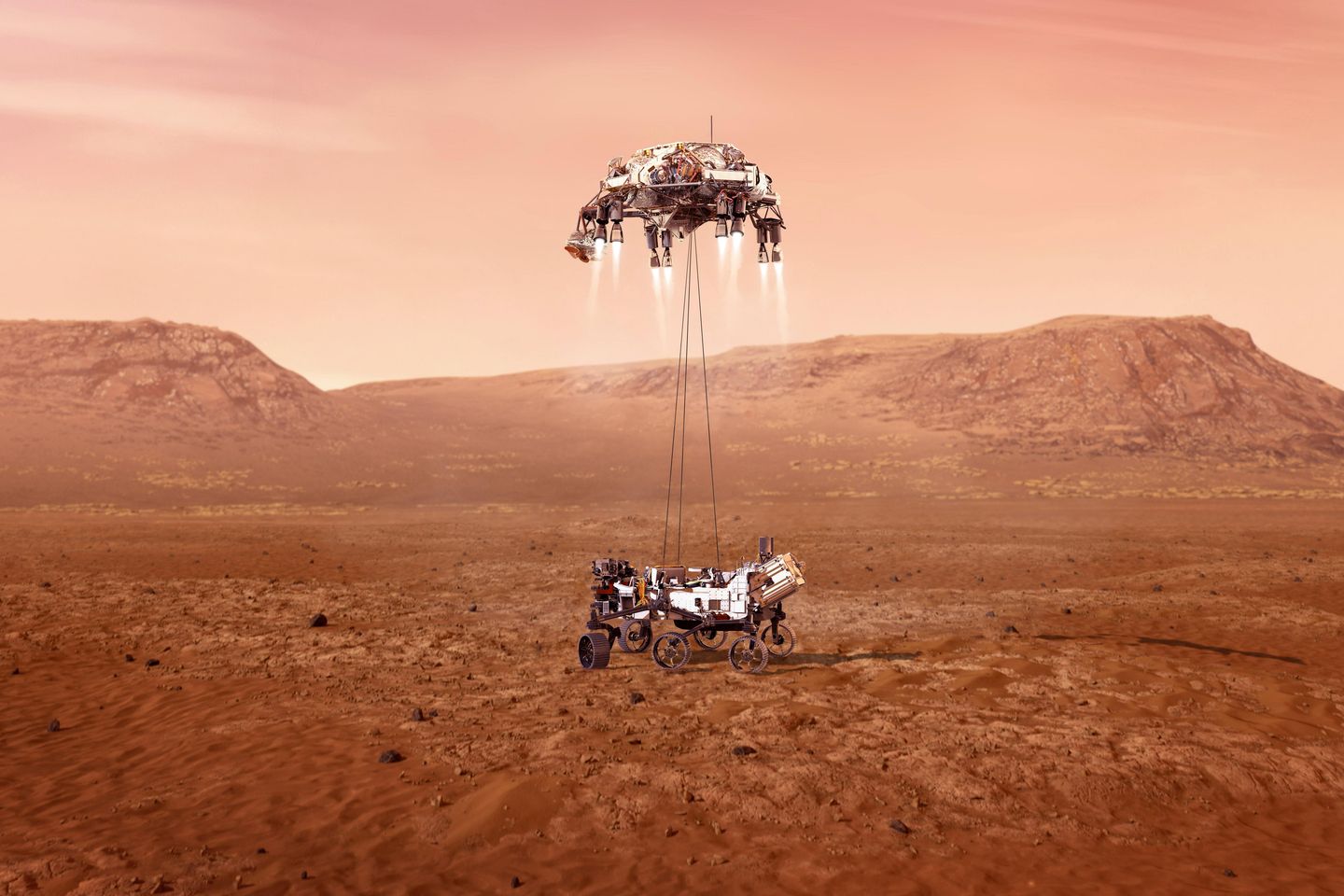China’s growing space program has been a topic of interest and concern for many in the United States. With recent advancements and successful missions, the country is making significant progress in its space exploration efforts. Dean Cheng, a senior advisor to the China program at the U.S. Institute of Peace, recently joined a discussion to shed light on China’s space program, its military strategy in space, and the potential race to Mars between China and the United States.
China has been steadily expanding its space program over the past few years, with ambitious goals and missions aimed at exploring new frontiers and establishing itself as a major player in space exploration. The country has successfully landed multiple robotic missions on the moon, including the Chang’e-4 rover on the far side of the moon, a significant achievement that has garnered international attention.
In addition to its lunar missions, China has also been making strides in its Mars exploration efforts. The Tianwen-1 mission, which includes an orbiter, lander, and rover, successfully entered orbit around Mars in February 2021. The mission represents China’s first attempt at landing on the red planet and could potentially pave the way for future manned missions to Mars.
Dean Cheng discussed China’s space program and its implications for the United States during a recent interview. He highlighted China’s growing capabilities in space, including its advancements in satellite technology, space station development, and lunar exploration. Cheng emphasized that China’s space program is not only focused on peaceful exploration but also has military implications.
China’s military strategy in space is a topic of concern for many in the United States and around the world. The country has been developing anti-satellite weapons and other technologies that could potentially disrupt or destroy satellites in orbit. These advancements have raised alarms about the potential militarization of space and the implications for global security.
Cheng explained that China’s space program is intertwined with its military strategy, as space assets are critical for modern warfare and national security. China’s ability to target and destroy satellites could have significant implications for U.S. military operations and communications. As a result, the United States and other countries are closely monitoring China’s space activities and developing strategies to protect their own space assets.
One of the key questions surrounding China’s space program is whether the country could beat the United States in the race to get to Mars. While the United States has a long history of space exploration and a robust space program, China’s rapid advancements and ambitious goals have raised concerns about its potential to surpass the U.S. in space exploration.
Cheng acknowledged that China’s progress in space exploration is impressive and that the country could potentially compete with the United States in the race to Mars. However, he emphasized that the United States still holds a significant advantage in terms of experience, technology, and resources. The U.S. has a well-established space program, including NASA and private space companies like SpaceX, that have been at the forefront of space exploration for decades.
Despite China’s advancements, Cheng believes that the United States is still the leader in space exploration and will likely maintain its position in the near future. However, he warned that China’s growing capabilities and ambitions should not be underestimated, and the United States must remain vigilant and continue to invest in its space program to stay ahead of the competition.
In conclusion, China’s space program is rapidly advancing, with successful missions to the moon and Mars and growing capabilities in space technology. The country’s military strategy in space raises concerns about the potential militarization of space and the implications for global security. While China could potentially compete with the United States in the race to Mars, the U.S. still holds a significant advantage in terms of experience and resources. As China continues to expand its space program, the United States must remain vigilant and invest in its own space capabilities to ensure its leadership in space exploration.









